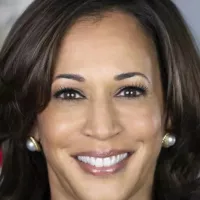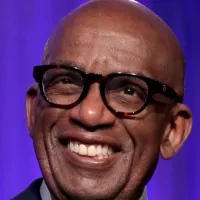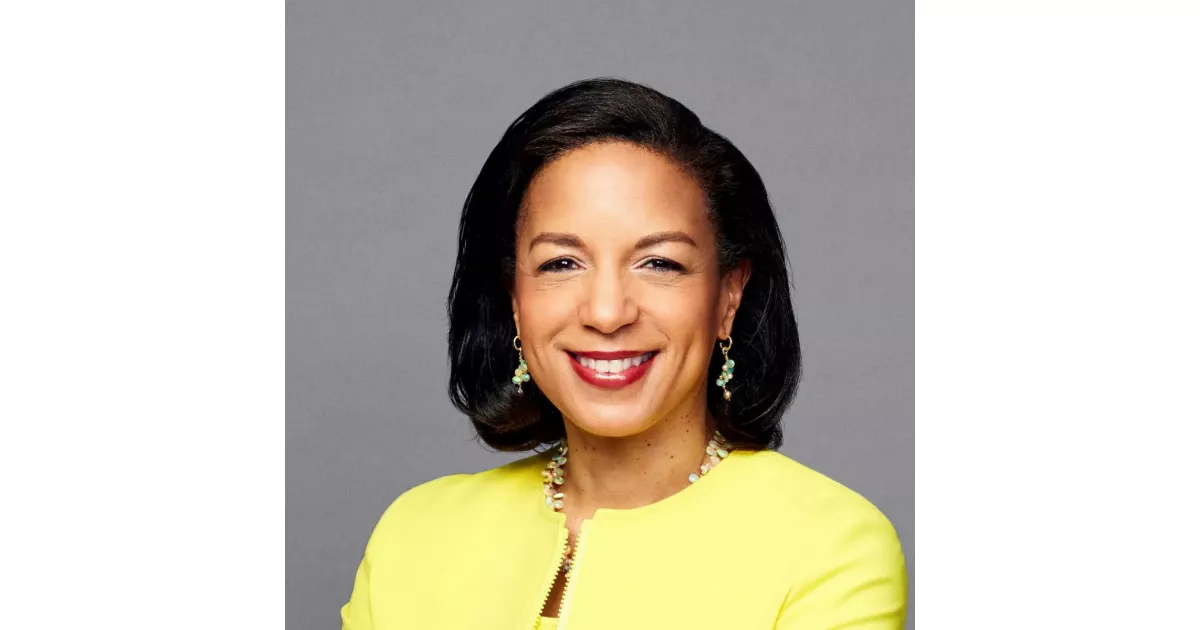Resilience and perseverance in the journey of Susan Rice. A timeline of obstacles and growth.
Susan Rice is an American diplomat and public official, prominent within the Democratic Party. She served as the Director of the United States Domestic Policy Council (2021-2023), U.S. Ambassador to the United Nations (2009-2013), and U.S. National Security Advisor (2013-2017). Her career reflects a deep involvement in U.S. foreign and domestic policy under Democratic administrations.
January 2012: Condemnation of Russia and China on Syria
In January 2012, after Russia and China vetoed a Security Council resolution calling for Syrian President Bashar al-Assad to step down, Susan Rice condemned both countries for obstructing efforts to peacefully resolve the conflict, stating that the United States stood with the people of Syria.
December 13, 2012: Withdrawal from Secretary of State Consideration
On December 13, 2012, Susan Rice, in a letter to President Obama, requested that her name be removed from consideration for Secretary of State due to controversy surrounding her statements about the Benghazi attack.
2012: Withdrawal from Secretary of State Consideration
In 2012, Susan Rice withdrew from consideration as a possible replacement for United States Secretary of State Hillary Clinton following controversy related to the attack on a U.S. diplomatic facility in Benghazi.
August 2013: Criticism of Human Rights Violations in Egypt
In August 2013, Susan Rice criticized human rights violations in Egypt, including condemning the Rabaa massacre, where Egyptian security forces killed over 1,000 people. Rice then led a review of U.S. assistance to Egypt, resulting in the cancellation of military exercises and suspension of arms shipments.
August 2013: Opposition to Congressional Authorization for Military Strikes Against Syria
In August 2013, Susan Rice was the lone dissenter in Obama's national security team against seeking congressional authorization for military strikes against Syria's chemical weapons facilities, following the Assad regime's use of sarin gas. Instead, Rice and Kerry pursued a diplomatic solution with Russia, leading to United Nations Security Council Resolution 2118.
2015: Criticism of Netanyahu's planned Speech to Congress
In 2015, Susan Rice criticized Israeli Prime Minister Benjamin Netanyahu for agreeing to speak to Congress about Iran's nuclear program without coordinating with the Obama administration.
2016: Support for Arms Embargo Against South Sudan
In 2016, Susan Rice joined calls for an arms embargo against South Sudan due to the civil war and reported atrocities, but the measure failed to pass at the UN Security Council.
April 3, 2017: Report on Request to Unmask Trump Officials
On April 3, 2017, it was reported that as National Security Advisor, Susan Rice had requested the unmasking of some Americans mentioned in intelligence reports related to Donald Trump's campaign and presidential transition. Rice stated she requested the identities to provide context to the intelligence reports, not for political purposes.
Mentioned in this timeline

Donald John Trump is an American politician media personality and...

Barack Obama the th U S President - was the...

Hillary Diane Rodham Clinton is a prominent American politician lawyer...

Kamala Harris is an American politician and attorney She served...

Benjamin Bibi Netanyahu is a prominent Israeli politician and diplomat...

Joe Biden is an American politician who served as the...
Trending

28 minutes ago Wheel of Fortune Puzzle Board Displayed at Strong Museum, Vanna White Connection

28 minutes ago Al Roker's Name Featured on Mysterious New Jersey Billboard, 'Today' Hosts React
28 minutes ago TCU vs Texas Tech: Odds, picks, predictions for Football and Basketball match.
29 minutes ago Georgetown vs. St. John's Basketball: Live Streaming, Odds, and Predictions Today
2 hours ago 2026 Primary Elections: Updates from Texas House District 23 and North Carolina.
2 hours ago Lamine Yamal Eclipses Ronaldo, Messi: Is Barcelona Too Dependent? Historic Performance Liberates
Popular

Jesse Jackson is an American civil rights activist politician and...

Hillary Diane Rodham Clinton is a prominent American politician lawyer...

Jim Carrey is a Canadian-American actor and comedian celebrated for...

Ken Paxton is an American politician and lawyer serving as...

Bill Clinton served as the nd U S President from...

XXXTentacion born Jahseh Dwayne Ricardo Onfroy was a controversial yet...
